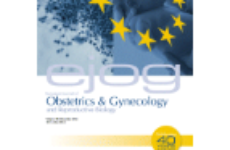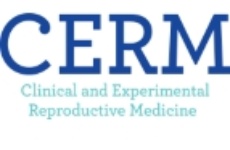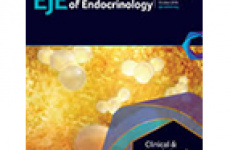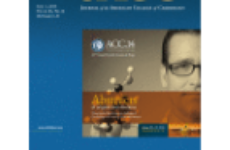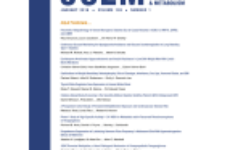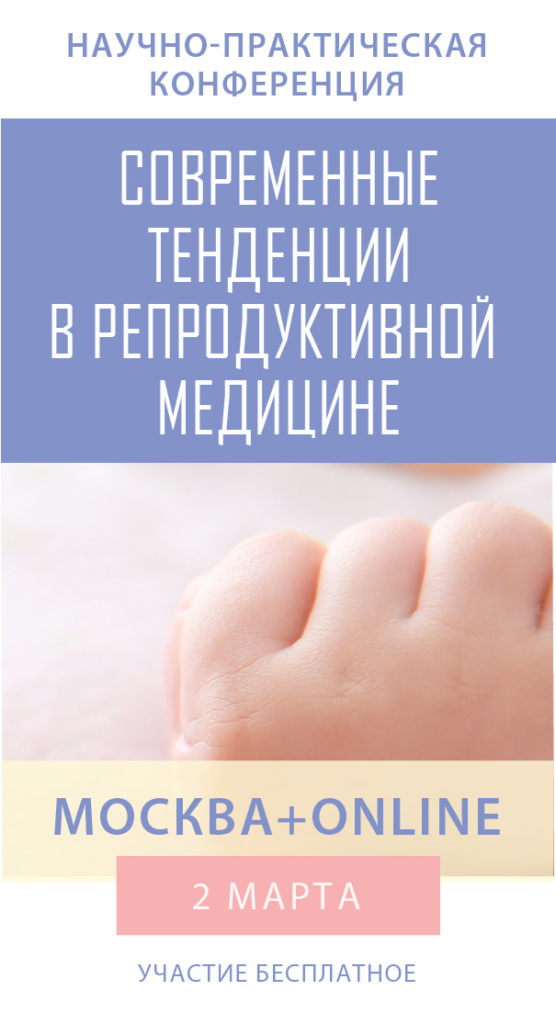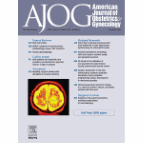
The literature on the relationship between diet and human fertility has greatly expanded over the last decade, resulting in the identification of a few clear patterns. Intake of supplemental folic acid, particularly at doses higher than those recommended for the prevention of neural tube defects, has been consistently related to lower frequency of infertility, lower risk of pregnancy loss, and greater success in infertility treatment.
On the other hand and despite promising evidence from animal models, vitamin D does not appear to exert an important role in human fertility in the absence of deficiency. Antioxidant supplementation does not appear to offer any benefits to women undergoing infertility treatment, but it appears to be beneficial when it is the male partner who is supplemented.
However, the available evidence does not allow discerning which specific antioxidants, or at which doses, are responsible for this benefit. Long-chain omega-3 fatty acids appear to improve female fertility, although it remains unclear to what extent contamination of shared food sources, such as fish with high levels of environmental toxicants, can dampen this benefit.
Lastly, adherence to healthy diets favoring seafood, poultry, whole grains, fruits, and vegetables are related to better fertility in women and better semen quality in men. The cumulative evidence has also piled against popular hypotheses. Dairy and soy, once proposed as reproductive toxicants, have not been consistently related to poor fertility.
In fact, soy and soy supplements appear to exert a beneficial effect among women undergoing infertility treatment. Similarly, because data from large, high-quality studies continue to accumulate, the evidence of a potentially deleterious effect of moderate alcohol and caffeine intake on the ability to become pregnant seems less solid than it once did.
While a complete picture of the role of nutrition on fertility is far from complete, much progress has been made. The most salient gaps in the current evidence include jointly considering female and male diets and testing the most consistent findings in randomized trials.
Audrey J. GaskinsScDacJorge E.ChavarroMD, ScDabc
American Journal of Obstetrics and Gynecology, Volume 218, Issue 4, April 2018, Pages 379−389
DOI: https://doi.org/10.1016/j.ajog.2017.08.010



